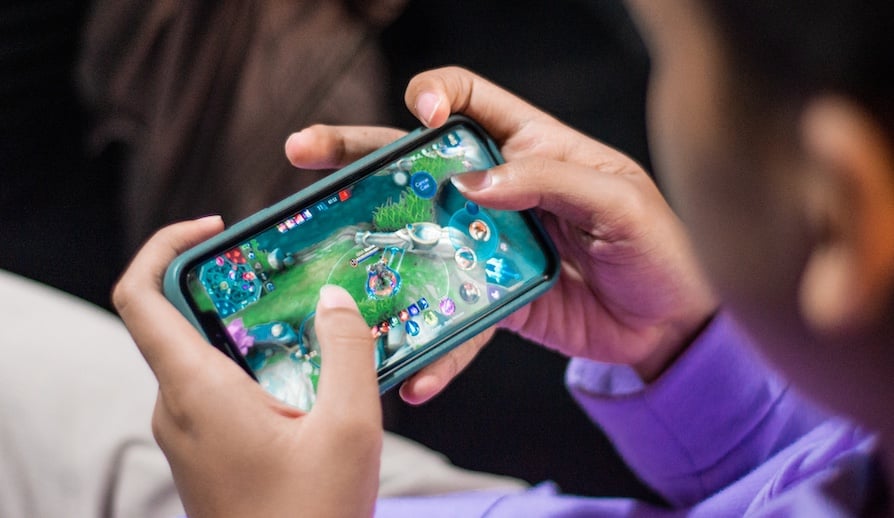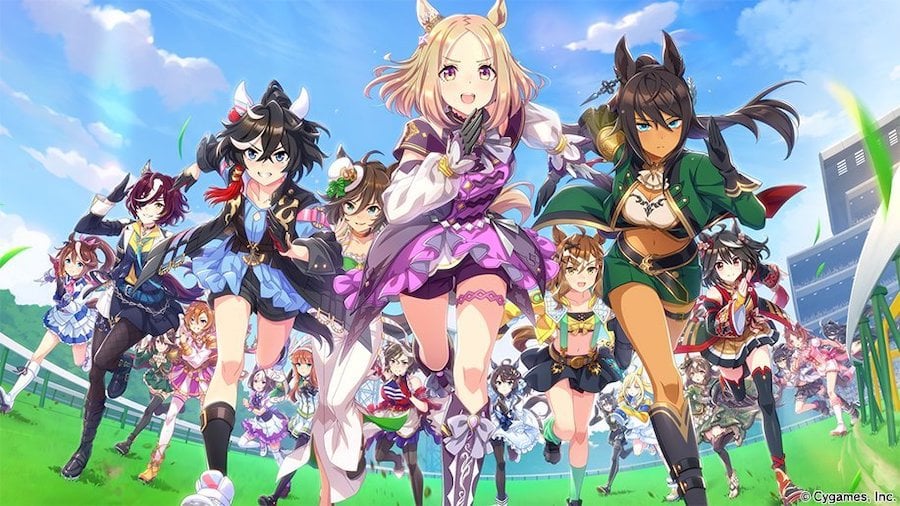Thick Thighs Save Lives
NeoGAF's Physical Games Advocate Extraordinaire

A recent article by Shueisha Online suggests that the Japan's market for mobile gacha games is on the brink of collapse. While there is some evidence to support that conditions have grown harsher, the article caused some confusion on Japanese social media. It seems that the situation is not as clear cut as it appears at first glance.
The Shueisha article argues that gacha games limit their audience by not transferring easily to markets outside Japan. Quoting Asmarq's social games survey on Japan, China and the USA- it cites that Japanese players feel that characters (77%) and user friendliness (73%) are the most important elements of mobile games. However, the USA and China put more emphasis on high quality graphics and entertainment value.
Regardless of country, "bad" gacha games tend to gate-keep, excluding beginners and non-paying players from those who put a lot of money into the game- thus creating a kind of in-game wealth gap. On a psychological level, people are more likely to spend money on microtransactions if they are enjoying the game. Titles that from the outset tell you to fork out money for a weapon or character you need to advance in the game are likely to turn off players, possibly promoting them to hit uninstall.

Genshin Impact's Wish system wherein you can obtain characters and weapons at random.
The article posits that Chinese-made Genshin Impact's global success came as a result of the game not using highly competitive gacha elements. This statement caused some confusion among readers on social media- after all, Genshin Impact does have a gacha-like system in the form of its Wishes. However, you can earn some Wishes just by playing the game, so it is possible to enjoy Genshin's story without feeling the need to immediately open your wallet.
Genshin's popularity is also explained by other factors that the article touches upon- its high-quality visuals and sound design, as well as the high degree of freedom that it offers players.

Umamusume Pretty Derby.
The most egregious point picked up on by Japanese social media users is that the Shueisha article does not mention highly successful Japanese mobile game Umamusume Pretty Derby (pictured at the top of this article). Created by Cygames, the racing horse girl training sim has made over $2.4 billion USD since its initial release in Japan in February 2021. Previously released in China, Umamusume Pretty Derby is gearing up for an English language launch this year, having already built up a cult fanbase overseas. Umamusume also has gacha elements, but its focus is on its cute characters, horse racing lore and rewarding gameplay.
A Sensor Tower report in January 2024 showed that Japanese publishers still made the most money on mobile games in Japan in 2023- with Konami, Bandai Namco Entertainment and CyberAgent (parent company of Cygames) topping the chart. Konami's eFootball (the third most profitable mobile title in 2023) and Pro Baseball Spirits A, both sports games with gacha elements, have remained in the top grossing mobile games chart for a while, as has Bandai Namco's Gakuen Idolmaster. However, last year China's Honkai: Star Rail and Korea's Goddess of Victory: NIKKE were the top growing titles in Japan's mobile market. Honkai reportedly saw its revenues in Japan grow by 200 million dollars (related article).

Goddess of Victory: NIKKE.
It's worth noting that Nikke was originally released in 2022 and Honkai in 2023. It is hard for mobile games to keep their audience and remain profitable for as long as Genshin Impact (2020) and Umamusume Pretty Derby (2021) have. Further data from Sensor Tower shows that mobile games based on Japanese IPs remain popular- with Dragon Ball and One Piece-related titles doing well for Bandai Namco in the first half of 2024.

Honkai: Star Rail.
However, alongside improvements in device performance, players expectations for mobile games in terms of graphics, content and polish have also risen. This has led to higher costs and longer development periods for mobile game developers. Also, players in Japan seem less willing to spend money in-game. A March 2024 article from The Nikkei, which we reported on, showed that microtransaction purchases had dropped for the third consecutive year, falling to 80% of what they were in 2019.
This issue of mobile games requiring more time and money to make but then having potentially shorter lifecycles, is what could drive some big Japanese game makers away from the mobile market. Indeed, Square Enix shut down many free-to-play mobile games in 2023 and 2024, with their mid-term business plan suggesting a tighter focus on quality over quantity across the board.
So, is Japan's gacha game market on the brink of collapse? It is certainly undergoing change. With many Japanese publishers like Koei Tecmo shifting their focus away from mobile games towards consoles and PC, it seems that the Japanese mobile market could see fewer domestic releases in the future. The high standards set by market dominators like Genshin, Umamusume Pretty Derby and Honkai: Star Rail, have put pressure on upcoming mobile games. It may be that in the future, the market will see fewer titles being made, of higher quality, and with less overt gacha mechanisms. When it comes to gacha, the key to success seems to be to make the players love your title first, so they feel willing rather than "forced" to spend real money in game.
Source - Automaton West






